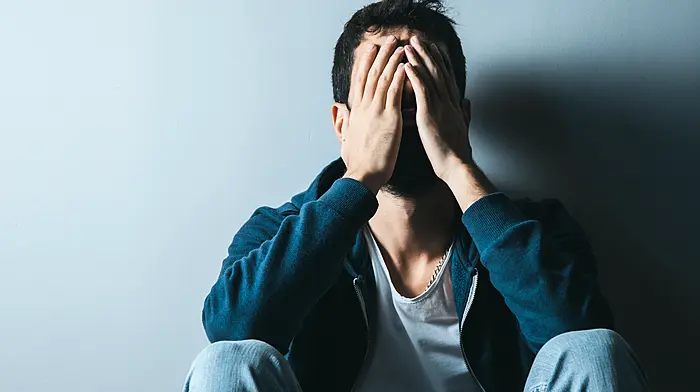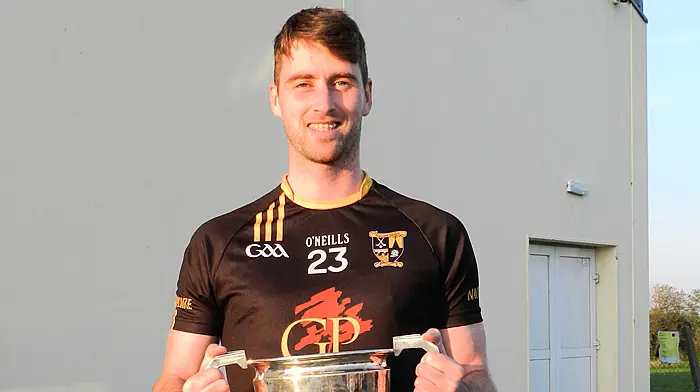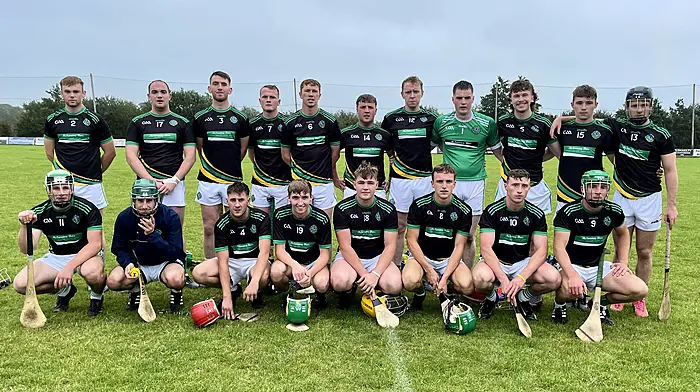Understanding something is all very well – just don’t mistake it for meaningful change.
That’s one of the points made by psychologist and CBT therapist Dr Steven Phillipson in his long, thought-provoking essay, Choice.
Though Phillipson is best known for his work on OCD and anxiety, Choice is a broad, stirring essay whose message resonates beyond clinical circles.
It is, as he says himself, a ‘call to arms’ whose purpose is to ‘inspire readers to come to terms more honestly with the choices that will be required if they are to achieve their goals in life’.
However, I don’t want to talk about the essay itself – just its conclusion.
‘I predict that the vast majority of people who read this article will believe upon completing it that they have accomplished something material and significant in terms of making changes in their lives’, he writes.
‘In feeling this way, they may be fooled by their brains into believing that just reading and understanding the words will itself bring about significant changes in their lives, and unfortunately, nothing could be further from the truth.’
Understanding or being inspired is great, but the more difficult and essential step is to ‘make the choices and take the actions that bring these words to life’.
Don’t be satisfied with having gained some insight or about living a more purposeful life, says Phillipson. Instead, we must ‘turn insight and understanding into real behavioural change’, turning ‘understanding and inspiration into intention, and intention into action’.
‘And that’, his essay concludes, ‘is what choice really means’.
It’s such an important point. Reading an article, a book, or even attending a seminar can provide a rush of clarity – an “aha” moment.
It feels like progress, as if the mere act of absorbing information has set something in motion.
But until it’s acted on, understanding remains inert – real change demands more.
There’s a reason why self-help books are a booming industry, yet people continue to struggle with the same problems year after year.
Reading can create a sense of movement without actual progress. It’s akin to mapping out a journey but never stepping out the door.
The brain rewards us with a small dopamine hit when we learn something new, reinforcing the illusion that we have done something productive.
Gym membership
But knowledge without action is like a gym membership that is never used – potential without impact.
One reason people stop at insight is that taking action is far more difficult and uncomfortable.
Change requires discipline, persistence, and often a willingness to tolerate short-term discomfort for long-term gain.
Often, we seek and gobble up more information rather than act on what we already know, because reading feels safe while action invites risk and potential failure.
It’s easy to get trapped in an endless cycle of self-improvement consumption.
You read one book, then another, then listen to a podcast, then attend a workshop, always feeling like you’re on the verge of change but never quite crossing over.
This cycle is seductive because it allows us to postpone action while still feeling engaged with the idea of progress.
Sometimes, we collect insights not as a path to change but as a way to justify inaction.
We tell ourselves we need just one more piece of information before we can start. But real change often doesn’t require more knowledge – it requires applying what is already known.
Inspiration is easy to come by; real change is more effortful. People get inspired by TED Talks, biographies, and motivational books, but translating that energy into consistent action is another matter.
Ultimately, inspiration without action is entertainment. Change only happens when knowledge is put to work, day after day. Understanding is a foundation, but it is not the structure itself.
Phillipson’s message is clear: insight must lead to choice, and choice must lead to action. Otherwise, knowledge is just another form of procrastination. All too often, the real challenge is not in knowing what to do but in doing what we already know.
So if you’ve read this far and felt a flicker of insight, don’t let it end here. Choose one small, uncomfortable thing, and make a start. That’s the moment when understanding starts to become real.


